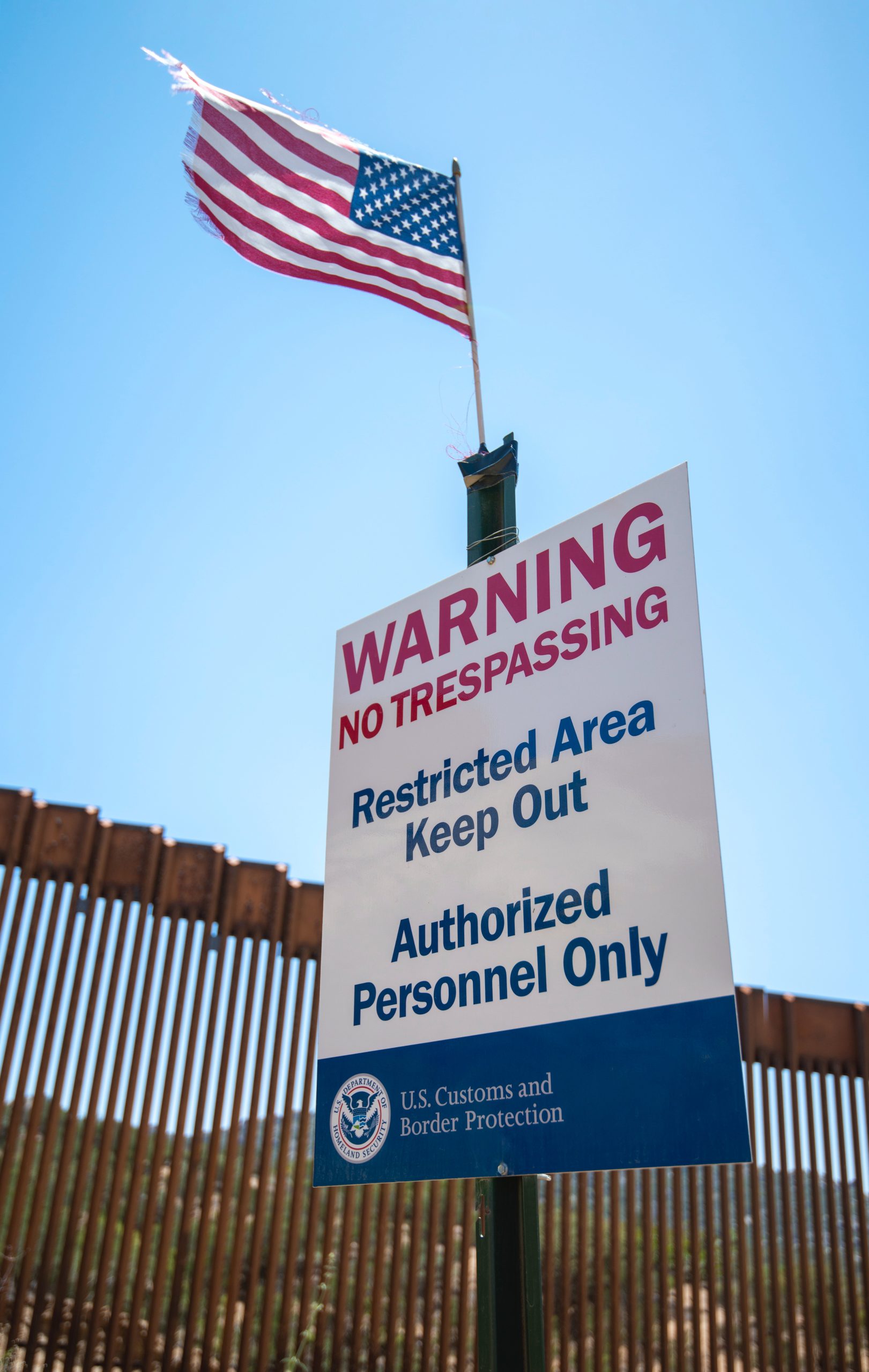With a new year comes new travel restrictions. In this blog post, we share with you a recent announcement published in the Federal Register by the U.S. Customs and Border Protection.
CBP has just released a notice of action informing the public of a brand-new temporary travel restriction that will apply to certain unvaccinated travelers seeking to enter into the United States along U.S. land ports of entry, including ferry terminals (‘‘land POEs’’) with Mexico and Canada.
What is this new travel restriction all about?
According to the new directive announced on January 24th, land ports of entry along the United States-Mexico border and United States-Canada border will continue to suspend normal operations and will allow processing for entry into the United States of only those noncitizen non-LPRs who are ‘‘fully vaccinated against COVID–19’’ and can provide ‘‘proof of being fully vaccinated against COVID–19’’ upon request, as those terms are defined under Presidential Proclamation and the CDC’s Order.
Who will the restriction apply to?
These restrictions will apply to non-citizens who are neither U.S. nationals nor lawful permanent residents (‘‘noncitizen non-LPRs’’) with limited exceptions.
Under the temporary restrictions, DHS will allow processing for entry into the United States of only those noncitizen non-LPRs who are fully vaccinated against COVID–19 and can provide proof of being fully vaccinated against COVID–19 upon request.
When do these travel restrictions go into effect?
These restrictions went into effect at 12 a.m. Eastern Standard Time (EST) on January 22, 2022 and will remain in effect until 11:59 p.m. Eastern Daylight Time (EDT) on April 21, 2022, unless amended or rescinded prior to that time.
Are there any exceptions for unvaccinated travelers?
This travel restriction does not apply to U.S. citizens, U.S. nationals, lawful permanent residents of the United States, or American Indians who have a right by statute to pass the borders of, or enter into, the United States.
In addition, the following exceptions to these restrictions have been authorized for the following categories of noncitizen non-LPRs:
- Certain categories of persons on diplomatic or official foreign government travel as specified in the CDC Order;
- persons under 18 years of age;
- certain participants in certain COVID–19 vaccine trials as specified in the CDC Order;
- persons with medical contraindications to receiving a COVID– 19 vaccine as specified in the CDC Order;
- persons issued a humanitarian or emergency exception by the Secretary of Homeland Security;
- persons with valid nonimmigrant visas (excluding B–1 [business] or B–2 [tourism] visas) who are citizens of a country with limited COVID–19 vaccine availability, as specified in the CDC Order;
- members of the U.S. Armed Forces or their spouses or children (under 18 years of age) as specified in the CDC Order; and,
- persons whose entry would be in the U.S. national interest, as determined by the Secretary of Homeland Security.
Does this travel restriction apply to air or sea travel between the US, Mexico, and Canada?
No. This travel restriction does not apply to air or sea travel between the United States and Mexico. However, it does apply to passenger/freight rail, passenger ferry travel, and pleasure boat travel between the United States and Mexico and the United States and Canada.
How long will these restrictions remain in effect?
These restrictions will be in force until 11:59 p.m. Eastern Daylight Time (EDT) on April 21, 2022, unless amended or rescinded prior to that time.
The government will closely monitor the effect of the restriction especially as they relate to any potential impacts on the supply chain and will, as needed, exercise authority in support of the U.S. national interest.
Won’t these new travel restrictions disrupt economic activity such as freight rail operations?
Yes, however DHS has said that while the agency acknowledges concerns among some industry stakeholders with this new policy, it is necessary to protect the American public, despite the fact that the policy could disrupt cross-border economic activity.
As stated in the agency notice, “DHS has conferred with interagency partners and determined that these concerns are outweighed by the competing public health concerns and the wide availability of COVID–19 vaccines, coupled with the growing body of evidence that employment related COVID–19 vaccine mandates result in high levels of COVID–19 vaccine acceptance among employees.”
Where can I find more information about these restrictions?
For more information about these new directives, please check out our helpful links below.
Questions? If you would like to schedule a consultation, please text 619-569-1768 or call 619-819-9204.
Helpful Links
- Notification of Temporary Travel Restrictions Applicable to Land Ports of Entry and Ferries Service Between the United States and Canada
- Notification of Temporary Travel Restrictions Applicable to Land Ports of Entry and Ferries Service Between the United States and Mexico
- February 2022 Visa Bulletin
- USCIS Initial Registration Announcement
- Immigrant Visa Backlog Report
- DOS Visa Services Operating Status Update
- ImmigrationLawyerBlog
- ImmigrationU Membership
- Success stories
- Youtube channel
- ImmigrationU
JOIN OUR NEW FACEBOOK GROUP
Need more immigration updates? We have created a new facebook group to address the impact of the new executive order and other changing developments related to COVID-19. Follow us there.
For other COVID 19 related immigration updates please visit our Immigration and COVID-19 Resource Center here.
 Visa Lawyer Blog
Visa Lawyer Blog


